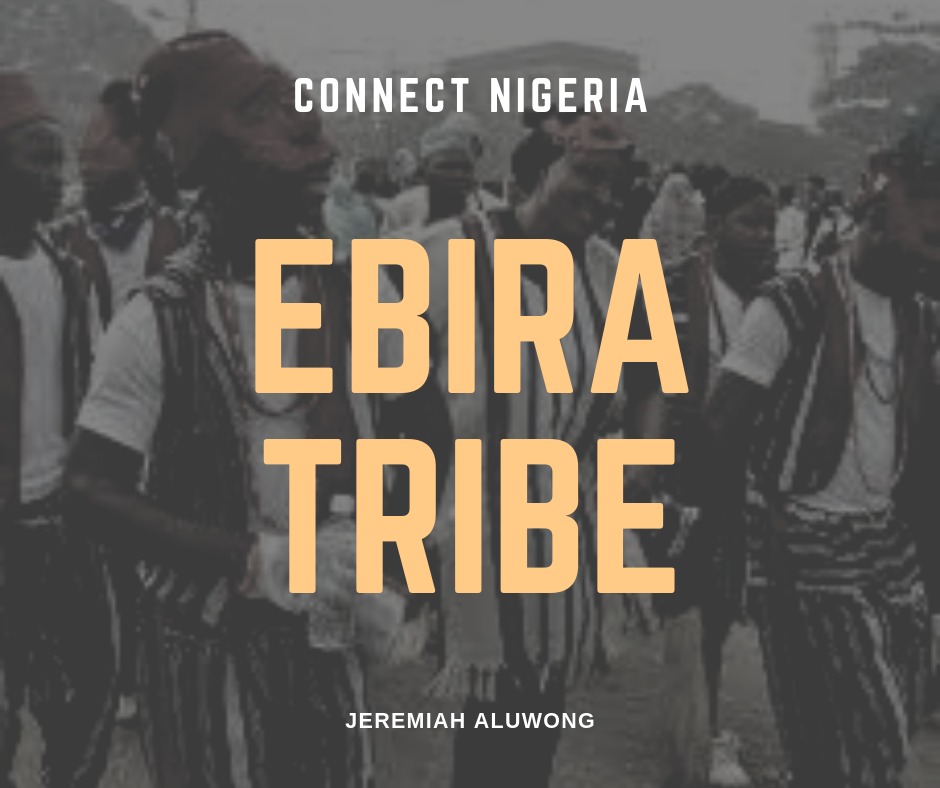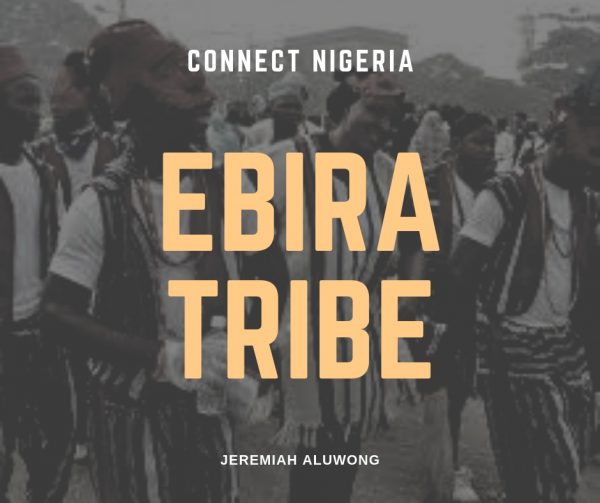Kogi State, like many states in Nigeria is multi-ethnic. The most popular of these ethnic groups are (in no particular order of ranking) the Igalas and the Ebiras. This article is about the latter ethnic group.
The Ebira Tribe
The Ebira tribe, though predominantly found in Kogi state, are also found in Kwara state, Nassarawa state and Edo state; reasonably so because some states were formed out of others (like Kogi from Kwara), the close proximity of these states to each other, as well as migratory factors.
Despite the fact that they are ‘scattered’ around, the Ebira people have their administrative headquarters in Okene, Kogi State. The Ebira’s are differently classified and this classification is usually based on dialectical difference. For example, there is the Ebira Ta’o people, who are found in four local governments of Kogi state namely: Adavi, Ajaokuta, Okehi and Okene each with their administration headquarters.
Then the Ebira Koto, which are also found in KotonKarfe LGA, Bassa LGA, Lokoja in Kogi state as well as in, Abaji LGA in the Federal Capital Territory, and in Toto LGA of Nassarawa state. There is also the Eganyi, which are found in Ajaokuta LGA. And the Etuno which are found in Igarra town of Akoko-Edo LGA, Edo state.
Background
Historically, most oral traditions trace the migration of Ebira people to the present region from the Jukuns of the Kwararafa state, north of the Benue River and in present-day Taraba State. A supporting fact to this is evidenced by the Apete stool, which is a Kwararafa artifact. The Apete stool; symbolical of authority and identity as a group within the kingdom, was brought along and kept in a place in Opete (deriving its name from the stool), in present-day Ajaokuta. In fact, The Apete is presently the title instrument of Ozumi of Okene.

My Culture Base
Historicity
After migration from Kwararafa, they originally settled with the Igalas and lived together for about 300 years. A dispute between the two groups led to a parting of ways, and the Ebiras moved southwest of the River Niger to their ancestral home called Ebira Opete, an area around Ajaokuta. Other groups later moved south to found Okengwe, Uboro and Okehi. Historically, these Ebiras communities were autonomous units without a central king or recognized royal families but were managed by leaders of lineages by gerontocracy.
Territoriality
Recent territoriality shows that, the Ebira people dwell in the north of Etsako, east of Kabba and west of Igalaland. They also inhabit territories along the south-west of the confluence of the Niger and Benue Rivers and north-east of the confluence. The general topography is dominated by deciduous woodland and rocky hills of an open savannah vegetation. This topography therefore, informs their natural inclination to farming and fishing. The principal occupation of the Ebiras therefore is Agriculture; cultivation of maize, yams, cassava, vegetables and in some communities, beniseeds. Ebiras are also known for their weaving and crafts.
Socio-Culture and Socio-Religion
The Ebira tribe is predominantly Patrilineal or Patriarchic in structure. Historically, the family was headed by the father or the oldest male who acted as the provider, religious leader and the protector of the nuclear family (Ireh). Other important social systems are compounds(Ohuoje) which are composed of related or kindred patrilineal families, Ovovu, the outer compounds and then lineages(Abara), composed of several related compounds. The Clan (Iresu) which is a community of kindred lineages in Ebiraland is led by the Otaru. Clan identities are distinguished by symbols mostly animals such as leopard, crocodile, python or buffalo. The affairs of the community were managed by a group of elder male members each representing related lineages.
Because of the Western influence and contemporary trends, most of the core traditional aspects are eroding. For example, polygamy and a close relationship with a related lineage are suddenly behaviours that are fading off. Another is the seeming loss of ‘sovereign powers’ of the Attah or Ohinoyi, who were once revered as having the ‘final word’ or the authority over land.
Religiously, the Ebira were historically, practitioners of the African Traditional Religion (ATR), with a belief in a deity called Ohomorihi, the rain-maker who lives in the sky. Rites are performed to appease the god who ‘punishes’ evil doers and ‘rewards’ good. Other religious figures below the Ohomorihi are ori (deities) and spirits. However, Islam and Christianity have gained footing amongst the Ebiras.
The Ekuechi festival
The major festival of the Ebiras is the Ekuechi festival; a widely celebrated traditional festival in Ebira communities, held annually and spanning between late November to ending December or January. The duration of the festival is long because different clans choose their own dates to mark the festival.
“Eku” in Ebira represents an ancestral masquerade while “Chi” means descend. The word Ekuechi can be translated then as ‘Ancestral Descent’, or more elaborately as, ‘ancestral spirit descending back to earth’. This is because traditional Ebira culture has a belief in the existence of a land of the living and another for the dead and a veneration of the land of the dead by those from the land of the living. The masquerades performing in the festival are believed to have access to the spirit world where dead relatives abide noting the behaviors of the living and during the festival these masquerades deliver messages of good tidings and admonishment from the spirit world.
The festival also marks the end of the year and the beginning of a new one. A major performance during the festival is a masked performance by Eku’rahu that is centered on singing, drumming, and chanting.
The Paramount Ruler of the Ebira people is referred to as the Ohinoyi of Ebira Land and the traditional stool is located in Okene, Kogi state, Nigeria.
References
Picton, J (2009). “Cloth and the Corpse in Ebira”. Textile: The Journal of Cloth & Culture. 7 (3): 296–313.
Adinoyi-Ojo, O (1996). Playing at the crossroads: Social space as metaphor in ebira masked performances (Thesis). New York University.
Ododo, Sunday (2001). “Theatrical Aesthetics and Functional Values of Ekuechi Masquerade Ensemble of the Ebira People in Nigeria”. African Study Monographs. 22 (1): 1–36.
Featured image source: Connect Nigeria


